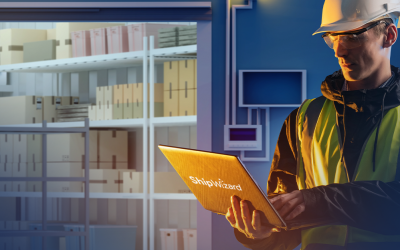Although it can have the biggest influence on your business, reverse logistics may often be the last thing an eCommerce business or brick-and-mortar store with a web shop will consider.
Not only can the way you handle your returns have a serious and direct impact on future customers, it can also affect your bottom line considerably.
Why the Returns Process Matters
When your customers think of you, do they remember the great deal they got on your merchandise or the really difficult time they had returning an item that was damaged? Do they know you as the friendly people who made returns easy or the company that hassled them because they made a mistake in their order?
How your customers see you matters because staying in business isn’t just a matter of selling things once to each customer, it’s the art of getting them to come back for more. When they have a bad experience with you, they’re going to tell their friends and leave poor reviews for your company. The obvious bad press aside, returns can cost you serious money if you don’t handle them efficiently.
Managing Reverse Logistics The Right Way
When your returns process is cumbersome or difficult to understand, customers may attempt to return items that are no longer sellable for reasons besides defects, for example, a company that sells vitamins may have sent the wrong item to a particular customer. Since the customer didn’t need the vitamin, they didn’t open it, but they had trouble returning it so when it did finally arrive back at the warehouse, the product had expired.
Now, not only does this company have a product it can’t sell, but one that has to be disposed of properly. Items that don’t expire can also be subject to this same problem, especially when you’re talking about clothing items. What’s in fashion this month may be on clearance next, so if your customers can’t return their items quickly, you stand to lose a lot more than just the cost of shipping.
Plan for Reverse Logistics First
Brian Bourke, vice president of marketing at SEKO Logistics says his company always talks to new customers about reverse logistics before they discuss anything else, including product fulfillment. In an article in Global Trade Magazine, he says that the way returns are managed can either “turn off a customer or make them a lifelong client.”
Because of the many ways that reverse logistics can influence every kind of business, it’s important to plan for them first. Will you offer free return shipping or include a return label with each order? How much time will you allow for customers to return items? Short return periods can keep returns under control, but some companies, like Kohl’s, that allow returns for up to a year still remain profitable.
The returns process is so important that it can literally decide the fate of your business, so make sure your policy and process are firmly established before you ever consider what you’ll do about product fulfillment.









